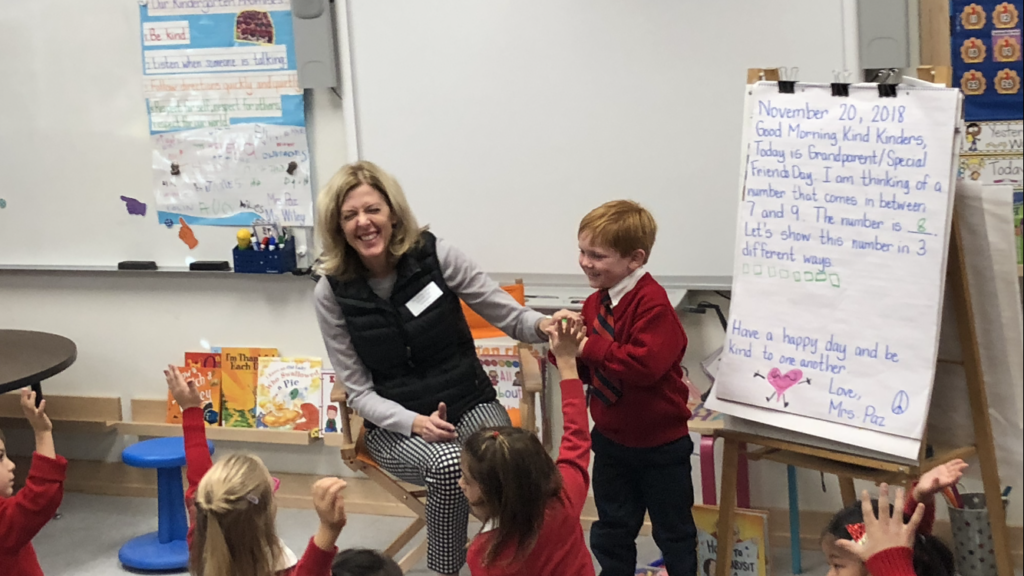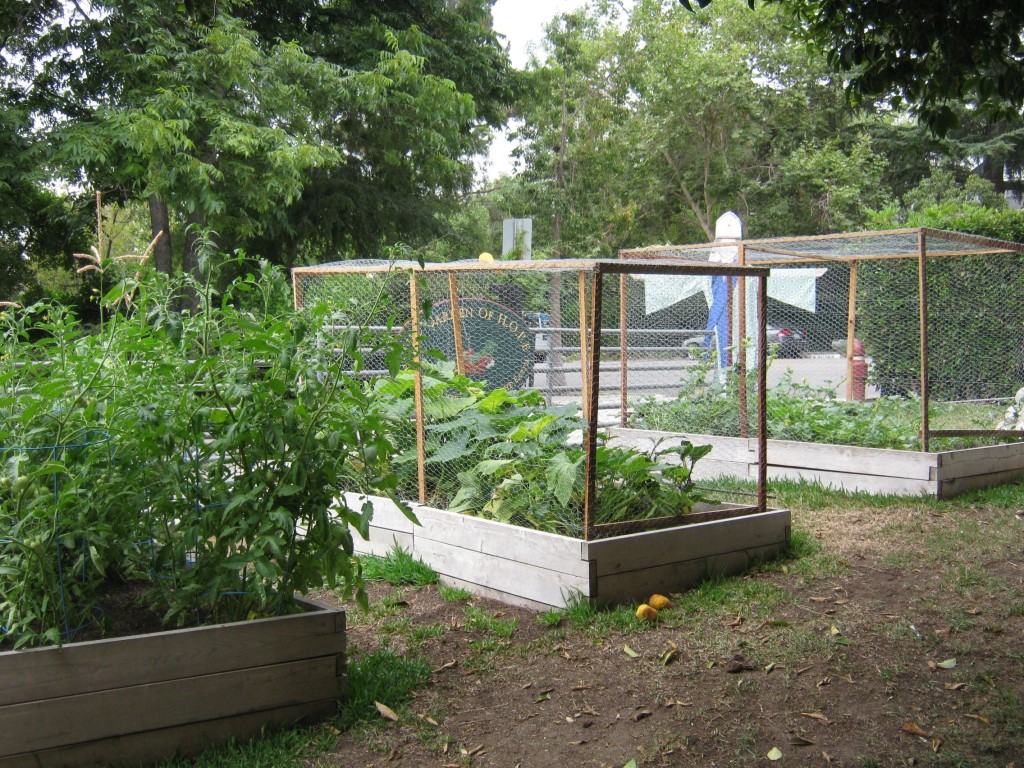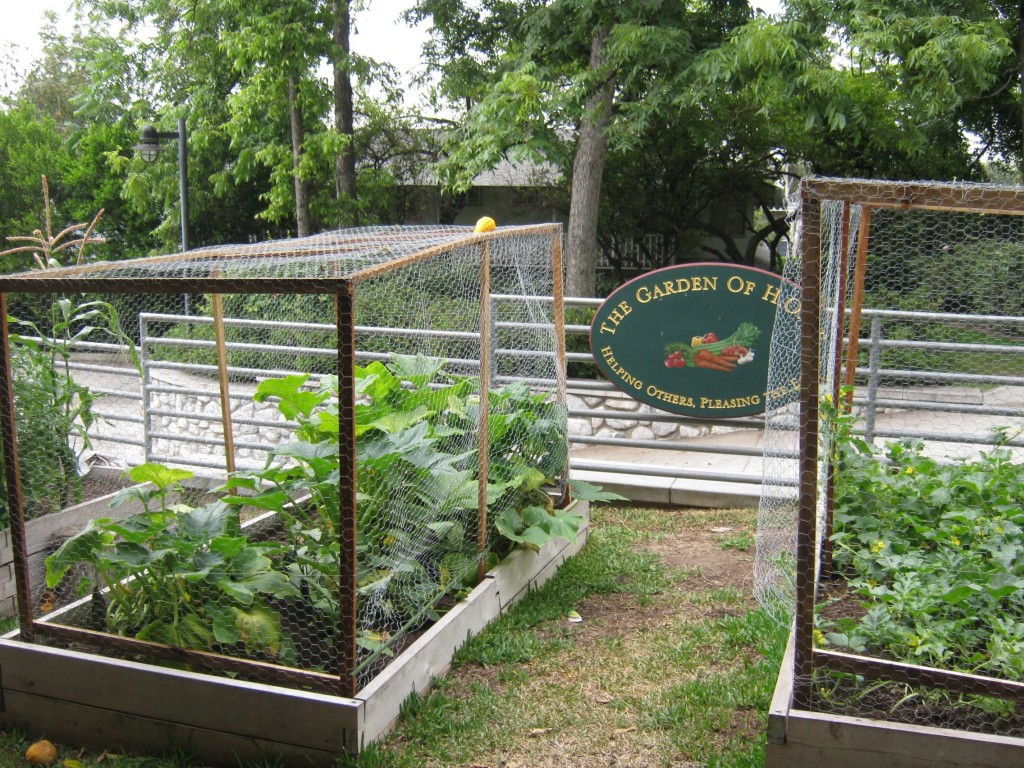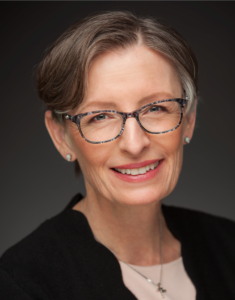
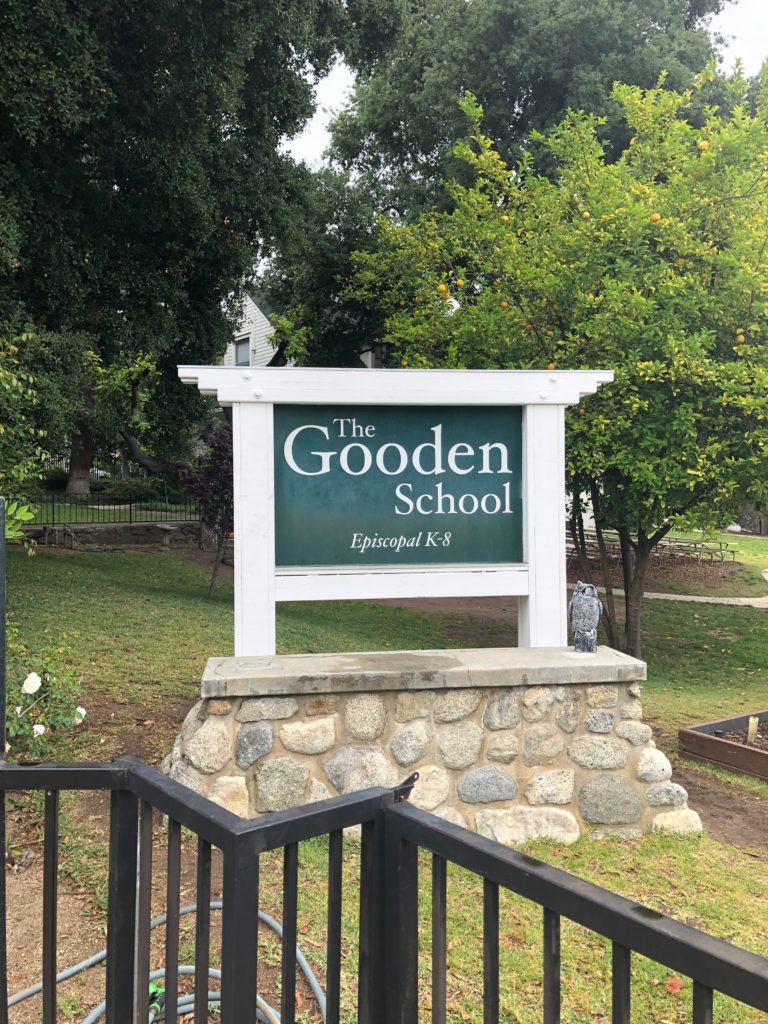
Q: How would you describe the educational philosophy of The Gooden School? It seems like a great blend of traditional elements like uniforms and progressive ideals such as the use of restorative justice for student discipline.
A: At The Gooden School, we meet all children where they are, and we work with them to discover and enhance their gifts. The academic classes are experiential and project-based, and students are encouraged to make connections across grade levels and across the curriculum. Students become problem solvers, advocates for themselves and others, and performers. They use skills gained in academic classes and in sports, music, art, languages, electives, and STEAM to work collaboratively. All of this is reflective of the school motto, “Respect for Self, Respect for Others, and Respect for the World.”
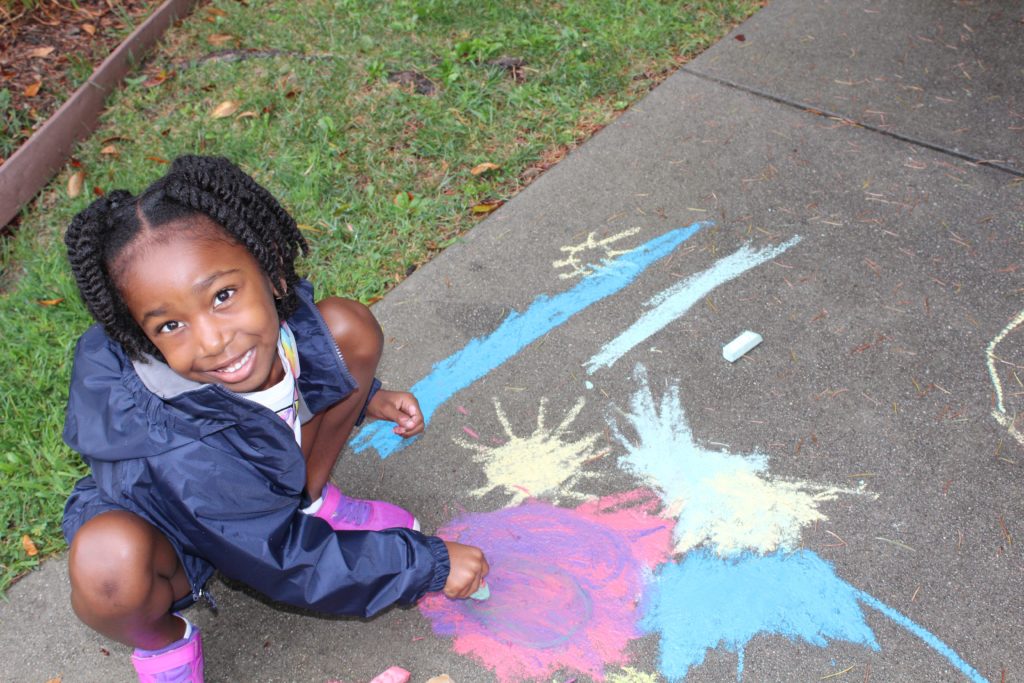
Q: The Gooden School is small, with one class per grade for grades K-8. What are some of the benefits of a small school for students, parents,and staff? How does the school size contribute to the sense of community?
A: Every child (and family) is known and seen by all faculty and staff on campus. This means that students who may be naturally reserved have a voice, that when students are struggling adults can respond quickly, and students are responsible for their own actions. It also means that students participate in everything they want to, and even some activities they may be reluctant to try. All students participate in drama productions, create art and music, participate on teams (whether in P.E., after-school sports, or even as part of debate). The small size means that all teachers really can differentiate within the classroom. There are students who take different languages, or advanced math programs, or students who need one-on-one assistance in some areas. Because of our size, we can provide for these students. As a small community, volunteer participation is a necessity, which allows our families to partner with us, offering them an opportunity to play an integral role in their child’s educational growth.
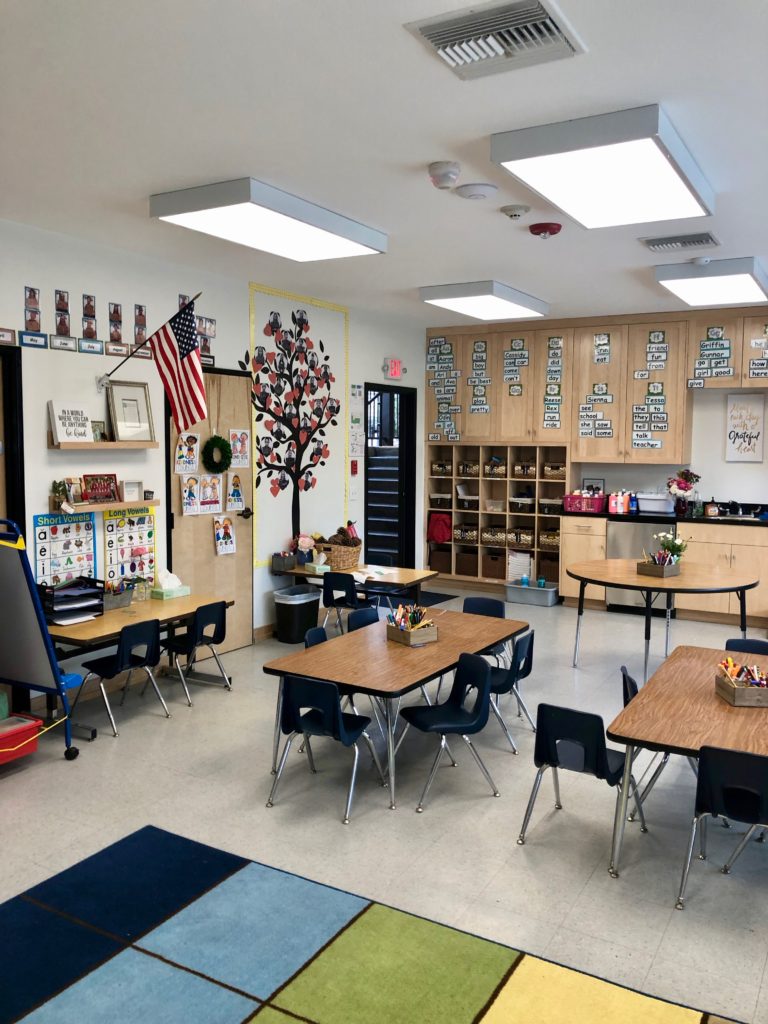
Q: The Gooden School’s STEAM (Science, Technology, Engineering, and Math) program gives students the opportunity to work on real-world projects like helping farmers after a monsoon in Indonesia or getting power to off-the-grid parts of Africa. Why is it important for STEAM to be applied to actual problems across the globe?
A: Global connectedness is essential in today’s classrooms. With the technology available – virtual field trips, connecting with students in other countries – and with the school’s mission that students be engaged with all communities in which they live, it is necessary for them to interact not only with their families and friends and local communities, but also with the world. The application of the collaborative, problem-solving skills students learn is essential to becoming a global citizen. Whether it is working on solutions to environmental issues, or how to communicate with our sister school in Haiti, students learn that the more diverse the experiences and opinions are within the group, the more likely it is that solutions to problems will be found.
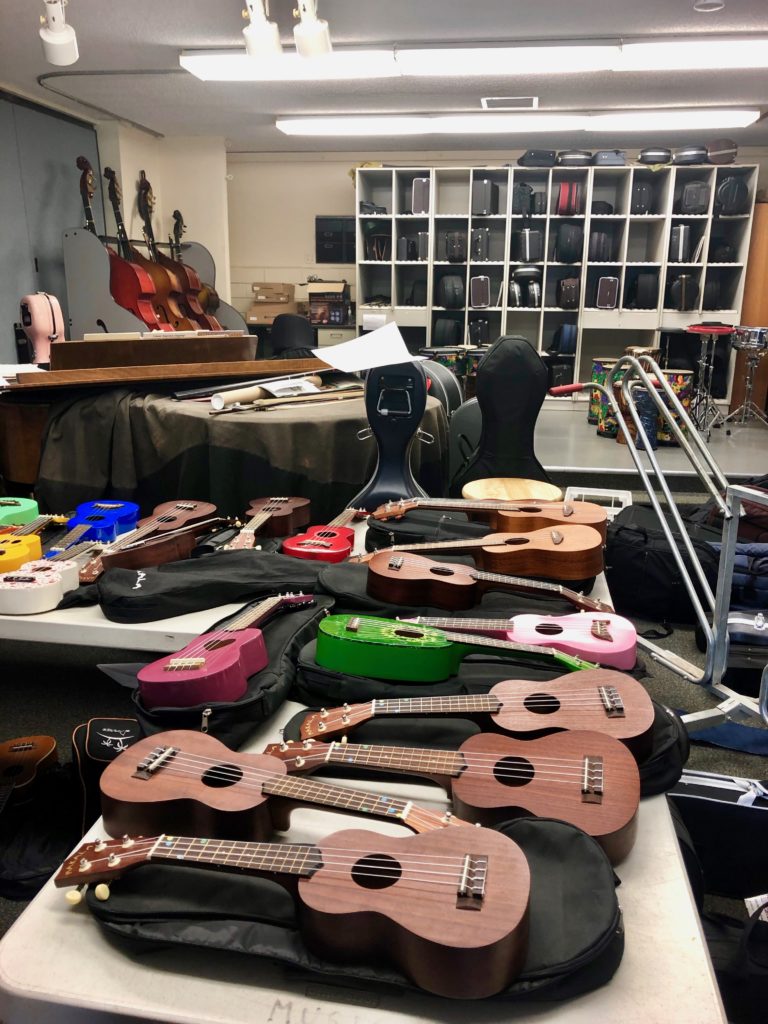
Q: Gooden is an independent Episcopal school and the community attends chapel twice a week. Can you talk about how all faiths are welcome at your Episcopal school?
A: Episcopal schools have been established not solely as communities for Christians, like a parish church, but as ecumenical and diverse ministries of educational and human formation for people of all faiths and backgrounds. The Gooden school has a rich variety of students and families from increasingly diverse religious, cultural, social, and economic backgrounds. In fact, the intentional pluralism of The Gooden School is a hallmark of our mission. In middle school, students learn about world religions and take a Faith & Ethics course in which students delve into the subject of social justice.
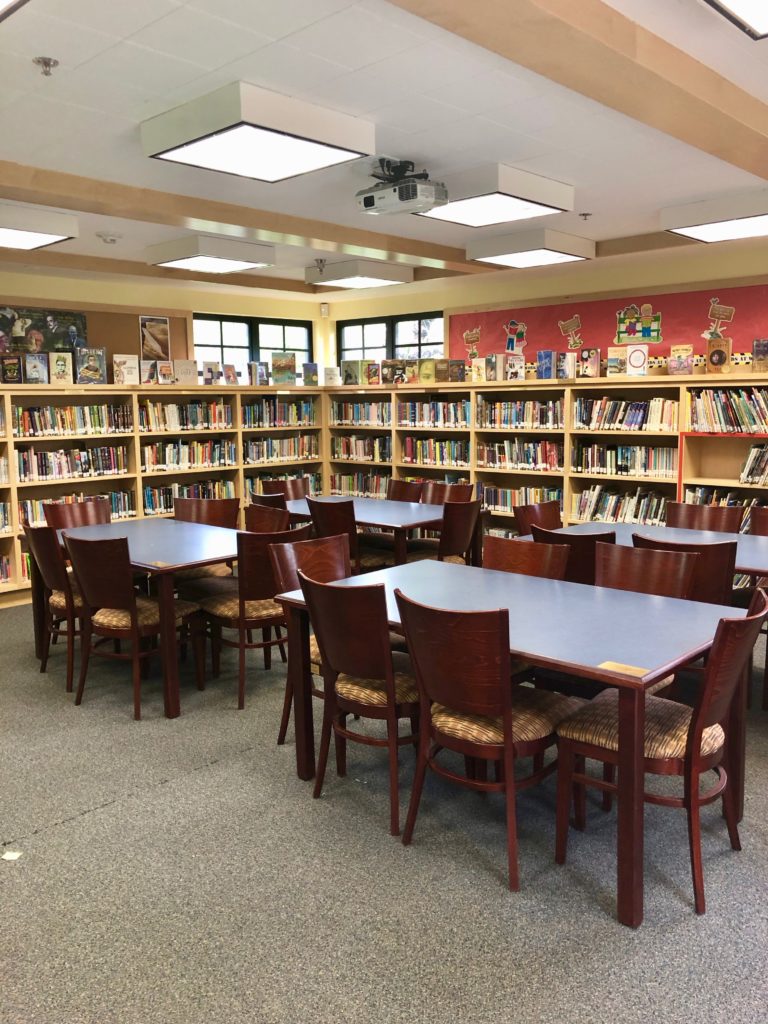
Q: Gooden students and faculty have served over 38 nonprofit agencies and middle schoolers perform an average of 1,732 service hours each year. That’s a lot! How is community service integrated into the curriculum?
A: The Gooden School’s mission encourages students, faculty and staff to be responsible for their communities, their sustenance and improvement. This includes the community of our families, of our school, and of all the other communities of which we are a part. As part of the curriculum, students are required to report on and reflect about their community engagement experiences. Whether they are crocheting scarves for the homeless or collecting eggs from our on-campus chickens for a food bank, or working with the local Humane Society, all of these experiences deepen their connection to the curriculum, each other, and the world.
Q: What schools do Gooden 8thgrade students attend after graduation?
A: Gooden students matriculate to a wide variety of independent, private, and high performing public schools in the Los Angeles and San Gabriel Valley areas. Under the guidance of Gooden’s head of school, students and their families select high schools that will continue to nurture their gifts and grow further as problem solvers, advocates, and leaders.
This year Gooden students were accepted to the following high schools: Alverno Heights Academy, Campbell Hall, Damien High School, Flintridge Preparatory School, Flintridge Sacred Heart Academy, Harvard-Westlake School, Immaculate Heart High School, La Salle High School, Loyola High School of Los Angeles, Maranatha High School, Marshall Fundamental School, Mayfield Senior School, Notre Dame High School, Orange County School of the Arts, Polytechnic School, Providence High School, Sequoyah High School, St. Francis High School, Waverly School, The Webb Schools, and Westridge School for Girls.
For more information, visit www.goodenschool.org 192 Baldwin Ave. Sierra Madre, CA 91024. Note: The school is very close to Pasadena.
Stay up to date on the latest L.A. private schools news and events! Follow Beyond The Brochure on Facebook. Buy the book on Amazon.
